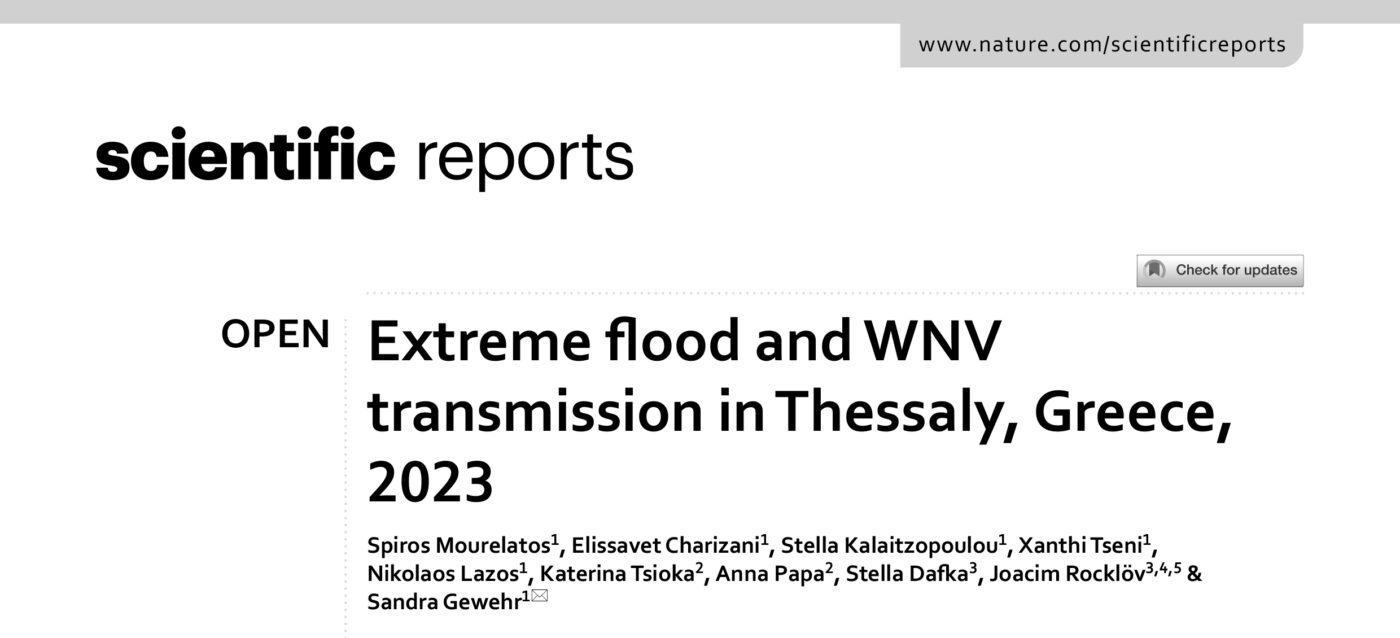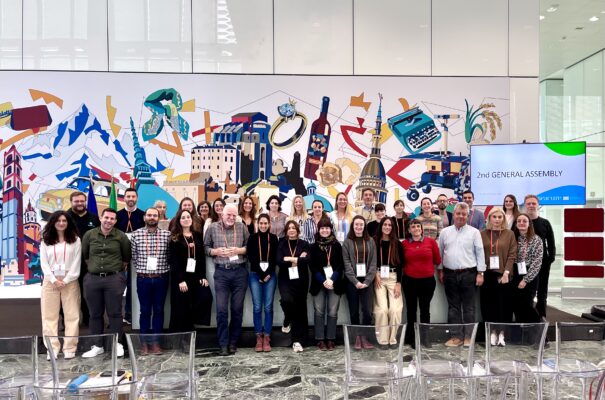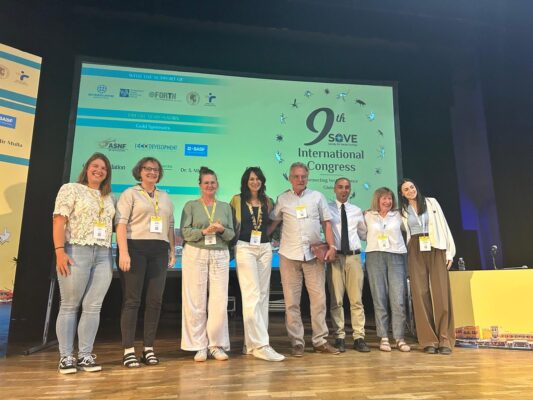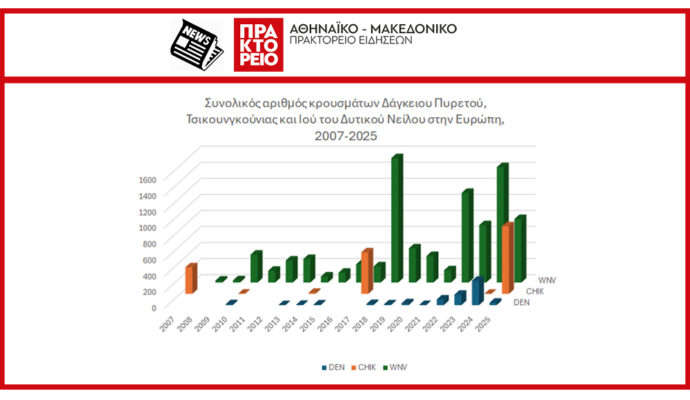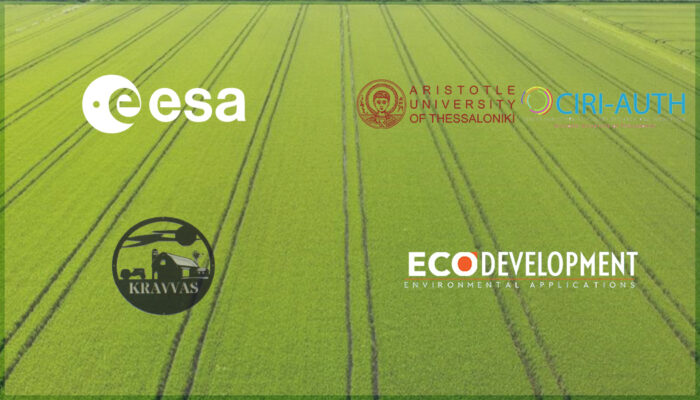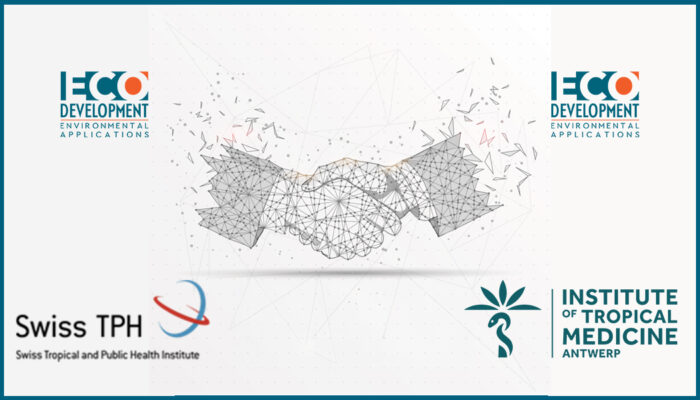This is the fourth time in a row in the last two years that we have published in the prestigious journal Scientific Reports of Nature, an original scientific paper entitled “Extreme flood and WNV transmission in Thessaly, 2023”.
The main contributors of this paper are three groups, namely the research team of Professor Joacim Rocklov of the Institute of Global Health of the University of Heidelberg, the scientific team of Ms. Papa, Professor Emeritus of the Department of Microbiology of the Medical School of the Aristotle University of Thessaloniki and the Ecodevelopment team.
This study examines the potential impact of such extreme weather events on the transmission of vector-borne diseases by assessing changes in mosquito populations and West Nile virus (WNV) circulation before and after the flood in two regional units of Thessaly.
The results indicate a significant increase in Culex mosquito populations following the flooding in the seven weeks after the event. However, despite high levels of WNV circulation and the prevalence of optimal temperature conditions after the storm, no increase in virus circulation was detected in either mosquitoes or humans. This can be interpreted in terms of several ecological factors, such as disturbances in the ecology of birds, forced human movement due to flooding and especially due to the arrival of autumn. These findings highlight the complexity of vector-virus-host interactions and the importance of systematic entomological surveillance for targeted mosquito control practices.
